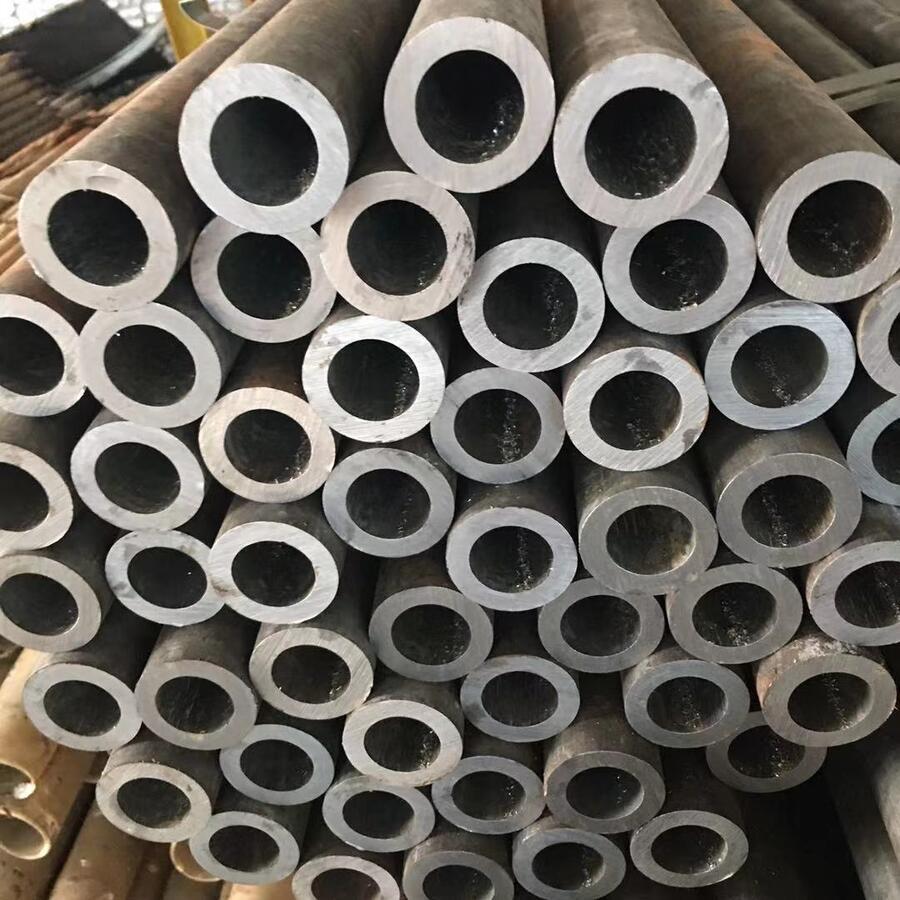The global construction and manufacturing sectors rely fundamentally on consistent factory supply steel bar for structural integrity. As a critical building material, steel bars (also known as rebar) undergo sophisticated metallurgical processes before reaching construction sites. This guide examines the production journey, equipment specifications, and quality benchmarks that define premium factory supply steel bar outputs.
The Metallurgical Process Behind Steel Bar Manufacturing
Producing high-grade factory supply steel bar begins with precise raw material selection. Factories typically use electric arc furnaces (EAF) or basic oxygen furnaces to melt scrap steel and iron ore. At this stage, alloying elements like carbon, manganese, and chromium are added to achieve specific tensile strength properties. HANI Metallurgy’s advanced electric arc furnaces optimize this process with automated temperature controls reaching 1,800°C, ensuring homogeneous molten steel composition essential for consistent factory supply steel bar quality.
After refining in ladle furnaces, the molten steel enters continuous casting machines where it solidifies into billets or blooms. These semi-finished products are then reheated to approximately 1,200°C in walking beam furnaces before entering the rolling mills. The precision of this temperature control directly impacts the final microstructure of the factory supply steel bar.
Critical Rolling Mill Equipment for Steel Bar Production
Transforming heated billets into finished factory supply steel bar requires specialized rolling mills. Modern facilities utilize continuous roughing, intermediate, and finishing mills arranged in tandem configuration. HANI TECH’s high-speed wire rod mills feature precision-engineered stands capable of producing steel bars at exit speeds exceeding 100 m/s. Key components include:
- Hydraulic loopers maintaining tension between stands
- Thermo-mechanical treatment systems for controlled cooling
- Automatic gauge control with laser measurement
- Online defect detection using eddy current technology
Post-rolling, the factory supply steel bar undergoes quenching and self-tempering (QST) processes to develop the characteristic ribbed surface pattern that enhances concrete bonding. Modern factories integrate these steps into continuous production lines, significantly enhancing output consistency for bulk factory supply steel bar orders.
Technical Specifications of Steel Bar Production Equipment
The following tables detail critical parameters for machinery involved in factory supply steel bar manufacturing:
Hot Rolling Mill Specifications
| Parameter | Roughing Mill | Intermediate Mill | Finishing Mill | Precision Sizing Mill |
|---|---|---|---|---|
| Roll Diameter (mm) | Ø750-950 | Ø580-650 | Ø320-450 | Ø285-350 |
| Rolling Speed (m/s) | 0.5-2.5 | 3.0-8.0 | 10-18 | 15-40 |
| Motor Power (kW) | 1,200-2,500 | 1,000-1,800 | 800-1,500 | 600-1,200 |
| Maximum Draft (mm) | 80-120 | 25-40 | 12-20 | 5-10 |
| Bar Temperature (°C) | 1,150-1,050 | 1,050-950 | 950-850 | 850-750 |
| Roll Material | Adamite Steel | High Chromium Iron | High Speed Steel | Carbide Reinforced |
| Pass Design | Box → Diamond | Oval → Round | Round Grooves | Twin Module System |
Melting and Casting Equipment Parameters
| System | Electric Arc Furnace | Ladle Refining Furnace | Continuous Caster | Billet Reheating Furnace |
|---|---|---|---|---|
| Capacity | 80-150 tonnes | 80-150 tonnes | 4-8 strands | 100-200 t/h |
| Power Input | 60-100 MVA | 15-25 MVA | N/A | 15-30 MW |
| Temperature Range | 1,600-1,800°C | 1,550-1,650°C | 1,500-1,550°C | 1,000-1,250°C |
| Cooling Water Flow | 500-800 m³/h | 150-300 m³/h | 2,000-4,000 m³/h | 50-100 m³/h |
| Automation Level | Level 2 Process Control | Automatic Wire Feeder | Dynamic Soft Reduction | Zoned Temperature Control |
| Output Dimensions | N/A | N/A | 130×130 – 160×160 mm | 130×130 – 160×160 mm |
| Energy Consumption | 350-420 kWh/t | 30-50 kWh/t | 0.8-1.2 kWh/t | 1.0-1.4 GJ/t |
Quality Control in Steel Bar Production
Maintaining rigorous standards is paramount for reliable factory supply steel bar. Automated inspection systems perform continuous checks for:
- Dimensional accuracy (diameter, rib height, spacing)
- Surface defects (cracks, folds, seams)
- Mechanical properties (yield strength, tensile strength, elongation)
- Chemical composition (spectrometer analysis)
Modern factories implement the Thermex process for tempcore treatment, creating a martensitic outer layer and ferrite-pearlite core that achieves Grade 600 reinforcement without expensive alloys. This technology revolutionizes the cost structure for high-strength factory supply steel bar production.
Innovations in Steel Bar Manufacturing
Leading equipment manufacturers like HANI TECH drive efficiency through technological advancements. Their Morgoil bearings extend rolling mill campaign life by 40% while reducing energy consumption. For melting operations, ladle furnace systems with electromagnetic stirring achieve precise temperature homogeneity (±5°C) and inclusion removal rates exceeding 90%.
Recent developments include:
- Direct rolling technology eliminating reheating furnaces
- Machine vision systems for real-time surface inspection
- Industry 4.0 integration with predictive maintenance algorithms
- Hydrogen-based reduction pilot projects for green steel
These innovations enhance the competitiveness of modern factory supply steel bar operations while meeting increasingly stringent environmental regulations.
Global Standards and Certification
Premium factory supply steel bar complies with international specifications:
- ASTM A615 (USA) – Deformed and plain carbon-steel bars
- BS 4449 (UK) – Carbon steel reinforcement
- IS 1786 (India) – High strength deformed steel
- JIS G3112 (Japan) – Steel bars for concrete reinforcement
- GB/T 1499.2 (China) – Hot rolled ribbed bars
Certification under ISO 9001, ISO 14001, and ISO 45001 demonstrates a factory’s commitment to quality management, environmental responsibility, and occupational safety throughout the factory supply steel bar production chain.
Conclusion
The production of high-quality factory supply steel bar involves sophisticated metallurgical processes and precision-engineered equipment. From melting and casting through thermo-mechanical rolling, each stage requires exact temperature control, deformation management, and quality verification. With global infrastructure demands growing, factories investing in advanced technology from suppliers like HANI TECH will lead in delivering the next generation of high-strength, sustainable steel reinforcement products. Understanding these technical parameters empowers construction professionals to specify materials with confidence and manufacturers to optimize their factory supply steel bar operations.




